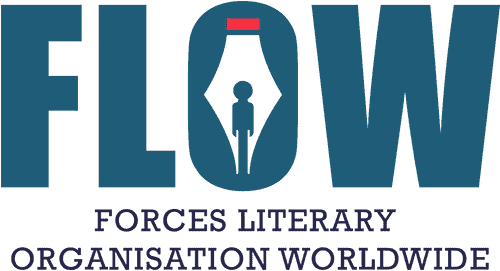His name was Alfred Hughes. There was a lot about him in the paper that week. They called him the Hastings Hero. He not only saved my life, but apparently he then ran straight into the hotel and dashed inside. If you look carefully at the helmet you can see where the rubble bounced off it, sixty- eight years ago. He brought four other people out of the ruins that had been a building a few minutes before. Three of them were staff, the walking wounded, who he carefully helped away from the danger area. The last one was a child, and she was dead.
But Alfred would not accept that. His rudimentary first aid training made him spring into action, and he worked on that child for what seemed like hours to the onlookers. With tears running down his face, partly from the fumes of the burning ruins behind him, and partly from grief and frustration, he persisted. Finally, with great tenderness, a fireman pulled him to his feet.
“She’s gone, Warden.”
And he covered her face before picking up the child’s body and moving her into the ambulance that had just arrived. Alfred sat on the pavement with his head in his hands, his helmet on the ground beside him. All around him was noise. Shouting, and the sound of the fire crackling, and the whoosh of the water that was being played on the inferno.
He heard a voice call: “No chance of getting anyone else out alive. Move the crowd back, give us some air.”
Alfred stood groggily. He recognised that he was reeling from the suffocating smoke that he had inhaled, as well as the emotional turmoil inside him. He walked down to the forbidden, barricaded sea front and stared over the barbed wire out to the unusually calm sea. The horizon danced before his eyes. He had failed again. This was the last time. He turned to the east, moving like an automaton, and began the long walk out to the cliffs at Fairlight. Unguarded there, as they were unassailable. He was dazed, but not without purpose.
One of his fellow wardens saw him go, was fleetingly worried about him, but was too busy to do more than call out. “Get yourself a cuppa, Alfred,” and turn away, reassured as Alfred raised his hand in acknowledgement.
“Poor bugger,” he confided to his mate as they dug away at the rubble looking for bodies, “his kid was at that school that got a direct hit last month. He was on duty there. They said he had to be dragged off her in the end. He would bloody well be the one here today, wouldn’t he?”
Alfred walked until he couldn’t smell the burning any more. He looked out over the cliffs at the cool clear water. Then he jumped, flying over the rocks, and into the still, beckoning silence.
He left his helmet sitting on the pavement that day. I picked it up. To keep it safe for him. Until he came back for it. Then I could thank him properly for saving me. For shoving me out of the way and shielding me with his body from the flying debris.
Then I read in the papers what had happened. Everyone talked about it. More than he could take, they said. More than anyone could bear, they said. Suicide while the balance of mind was disturbed, they said. They awarded him a medal, which his widow collected. So he wasn’t forgotten.
But every year, on the anniversary of that day, I come down here, and sit with his helmet and I thank him. Him and all the ones that gave their lives, one way and another, so that we could have ours. Thanks, Alfred. And all of you others.

0 Comments